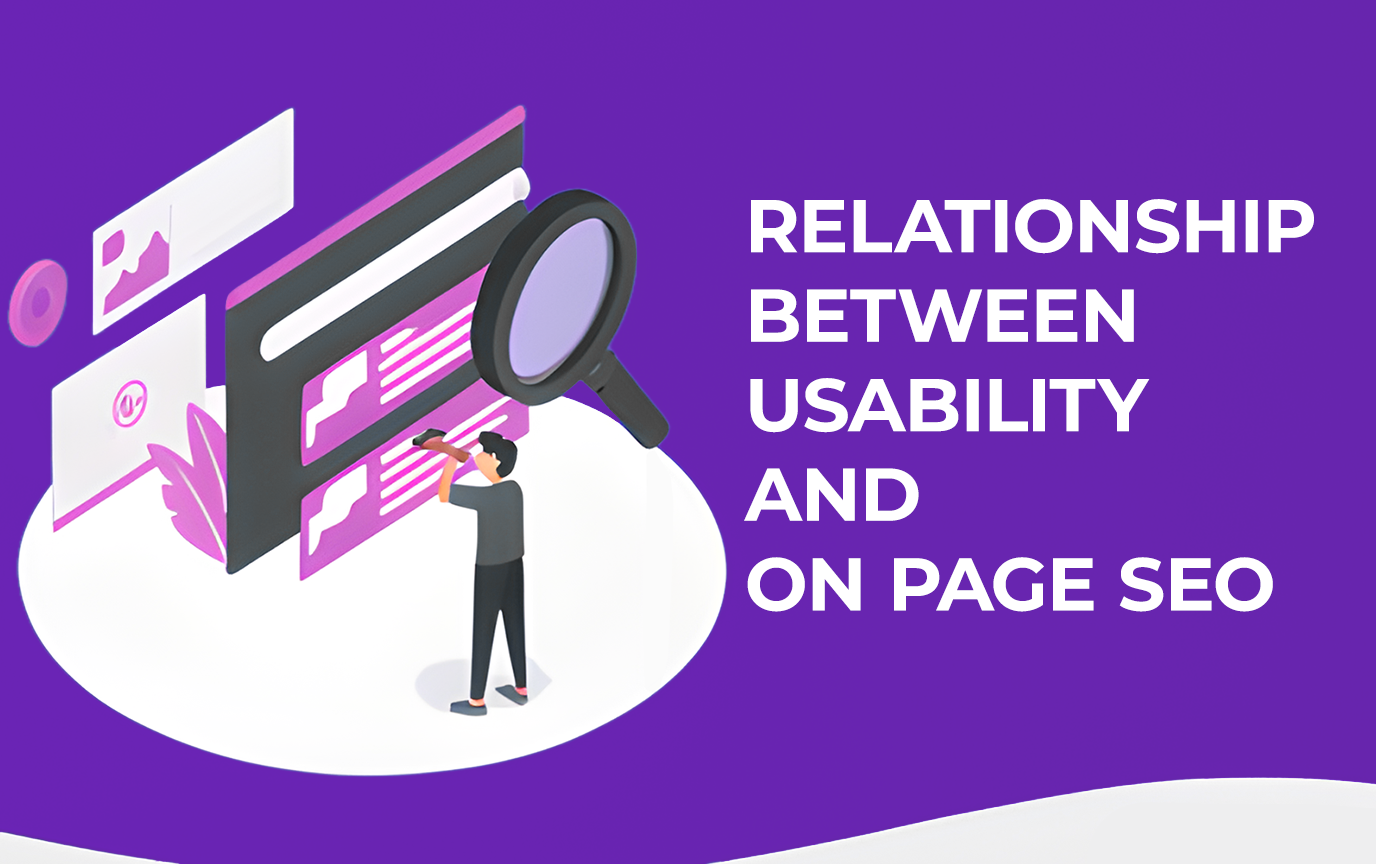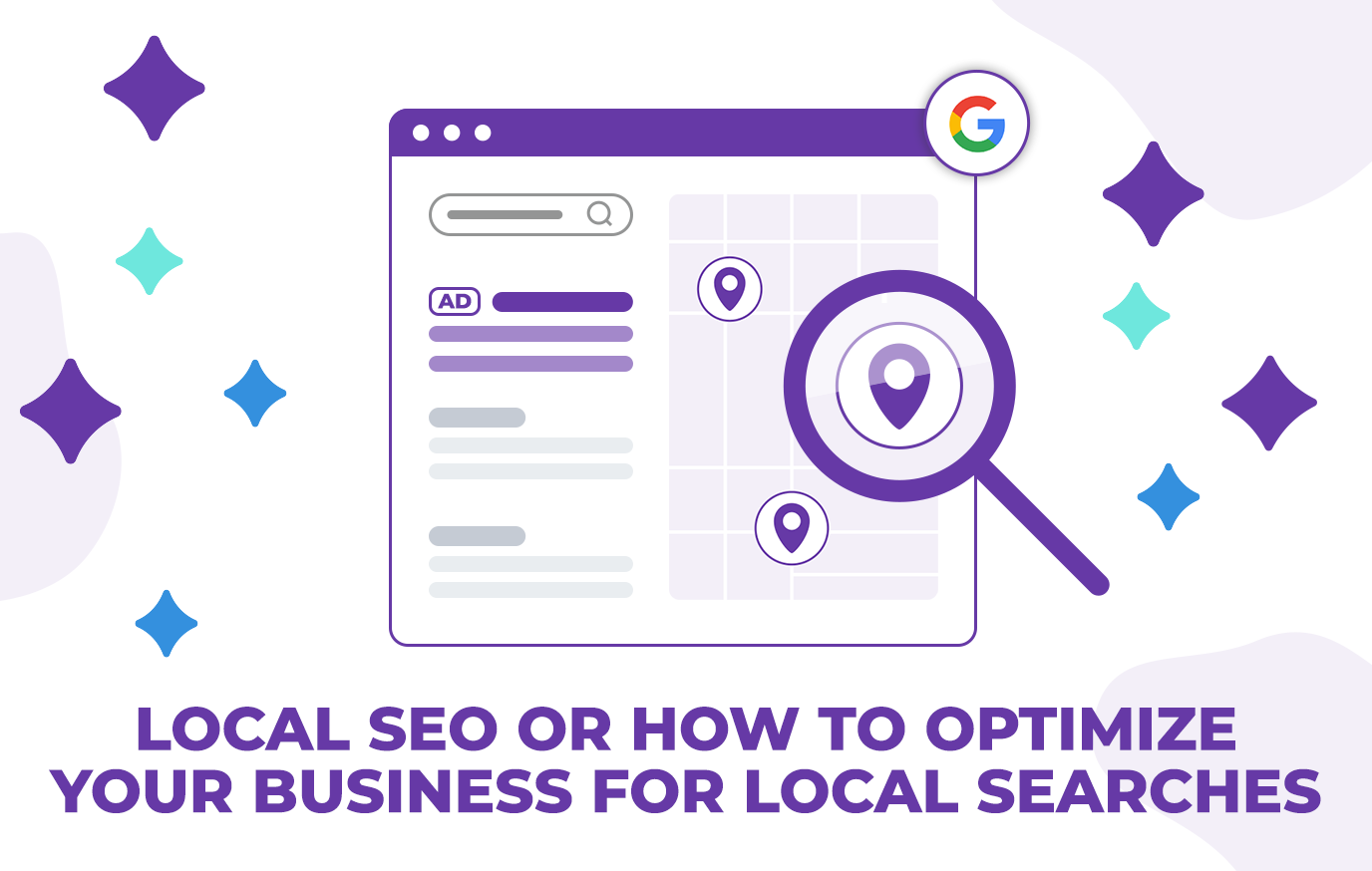
In the modern digital landscape, usability and SEO (Search Engine Optimization) are two terms often thrown around, especially by an online marketing agency. While on the surface they may seem to address different aspects of a website — one focusing on user experience, the other on search engine visibility — in reality, they are deeply intertwined. This article delves into the intricate relationship between usability and SEO, shedding light on how they complement each other.
1. User Experience Matters to Search Engines One of the main goals of search engines is to deliver the most relevant and user-friendly results. Any reputable digital marketing agency will tell you that Google, for instance, continually updates its algorithm to ensure that sites providing the best user experience rank higher. Poor usability can lead to higher bounce rates, which signal to search engines that a website might not be meeting user needs.
2. Site Structure and Navigation A website that’s easy to navigate not only enhances user experience but also aids search engines in crawling the site. A well-structured site with clear navigation paths aids in better indexing, ensuring that all pages get noticed by search engines. Proper on page SEO practices emphasize this structural clarity.
3. Mobile Responsiveness With more people accessing the internet via mobile devices, mobile optimization isn’t just about usability; it’s an SEO necessity. Any top-tier seo agency would insist on the significance of mobile usability as a ranking factor, so sites that aren’t mobile-friendly can suffer in search rankings.
4. Page Load Times Slow-loading pages can deter visitors and increase bounce rates. Google recognizes this and factors page speed into its ranking algorithm. Ensuring quick load times benefits both usability and SEO, and this plays a crucial role in digital marketing strategies.
5. Content Clarity and Quality High-quality content serves a dual purpose: it satisfies user queries and is favored by search engines. Content that’s clear, concise, and valuable not only enhances user experience but also increases the likelihood of earning higher rankings. This clarity and relevance are essential for effective seo website optimization.
List of Key Takeaways:
– User-centric design is SEO-centric design: Crafting a user-friendly website inherently supports SEO objectives.
– Site performance affects rankings: Factors like load times play into both usability and SEO.
– Adapting to mobile is non-negotiable: Mobile optimization enhances user experience and is essential for SEO.
– Content is king for a reason: Delivering valuable content caters to users and search engines alike.
In conclusion, the relationship between usability and SEO is symbiotic. As search engines evolve, their algorithms increasingly prioritize the user experience. By focusing on usability, businesses not only provide a better experience for their users but also improve their search visibility. It’s a win-win, emphasizing the need for a holistic approach to web design and optimization.









